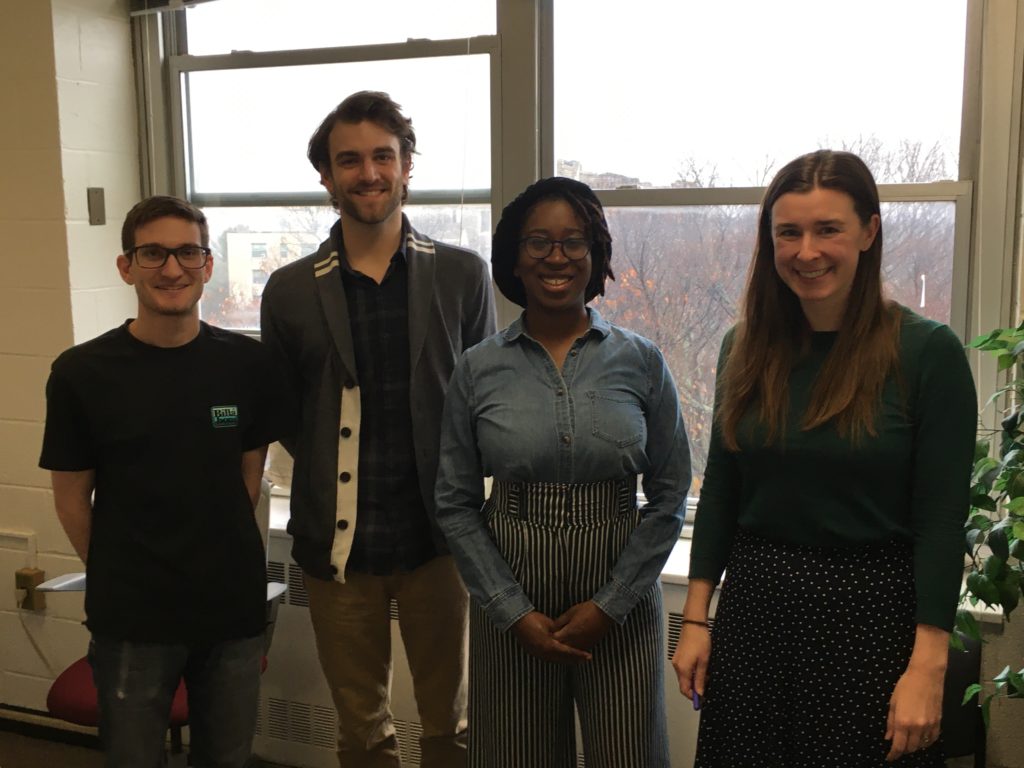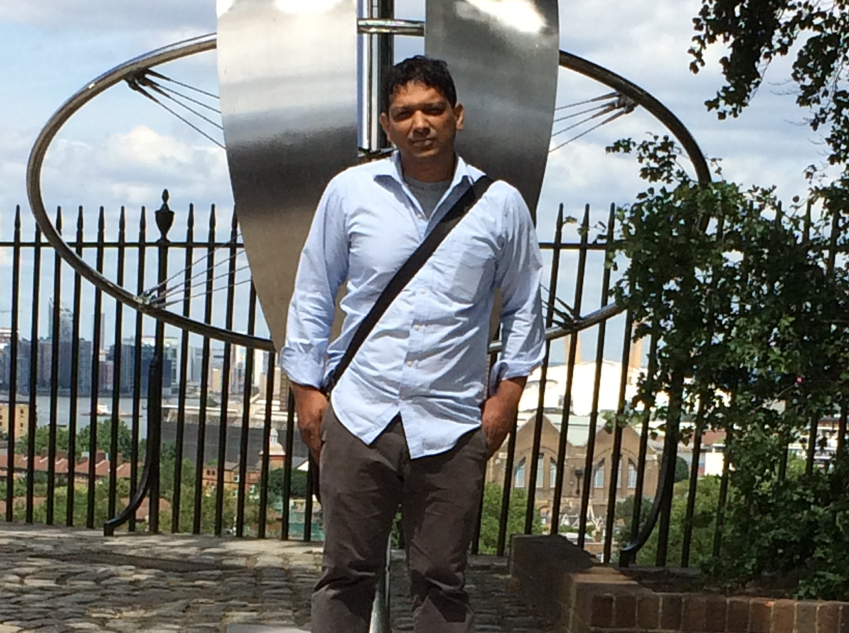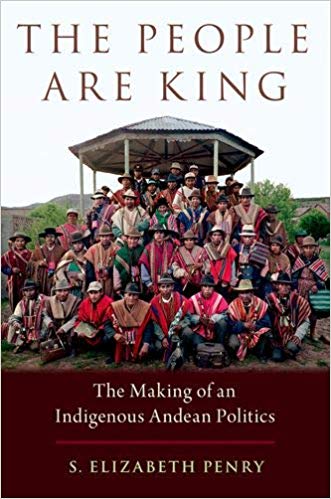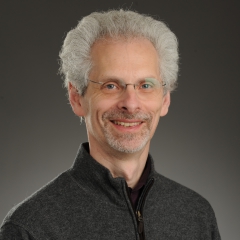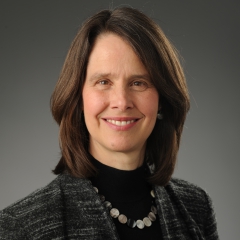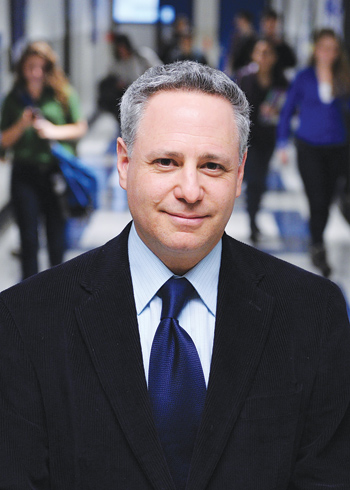On November, 5th, 2019, History’s Technology and Pedagogy (TAP) hosted a workshop facilitated by Lisa Betty (Teaching Fellow, History). The session, entitled Creating an Antiracist, Inclusive, and Transformative Classroom Environment, demonstrated how to actively incorporate antiracist pedagogy in the classroom through language-use and writing. With inspiration from bell hooks’ engaged pedagogy and Paulo Freire’s critical pedagogy, graduate students discussed strategies for decolonizing language and writing in the classroom through the use of collaborative group work sessions and compulsory critical thinking. Lisa, Amanda, Patrick, and Toby would like this session to be the first of a larger workshop that aims to support GSAS Teaching Fellows in creating and implementing similar antiracist pedagogical strategies within the classroom and their teaching practice.
The History Department sponsored graduate group Technology and Pedagogy (TAP) meets weekly on Thursdays to discuss ways to incorporate technology in the classroom. Please contact Patrick, Toby, or Amanda for more information.
The History Department sponsored graduate group Technology and Pedagogy (TAP) meets weekly on Thursdays to discuss ways to incorporate technology in the classroom. Please contact Patrick, Toby, or Amanda for more information.
